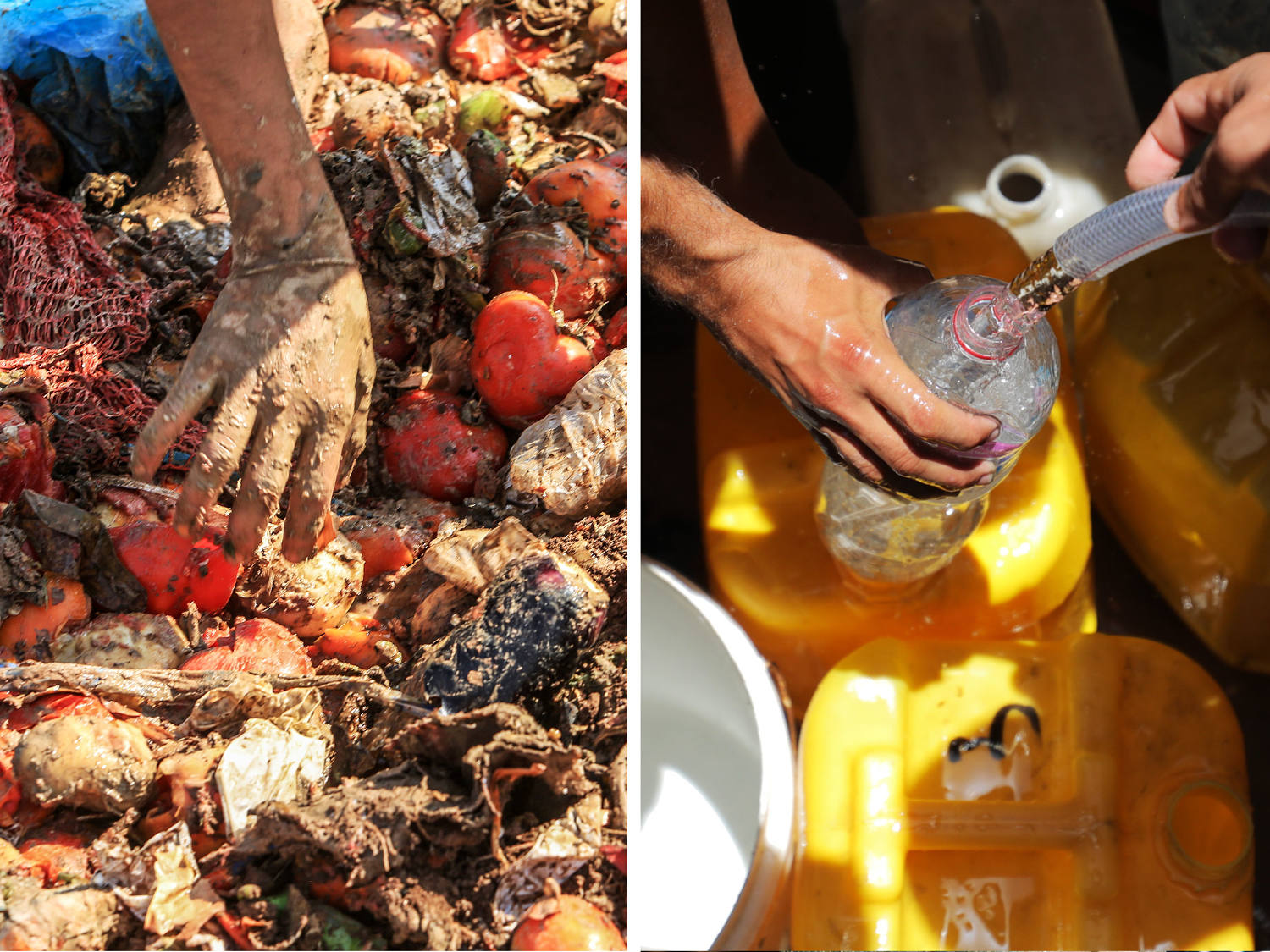
Like clockwork each morning in Muwasi, a coastal town in southern Gaza designated a “safer” zone by the Israeli military, scores of children can be seen walking, almost as if they’re heading to school.
But instead of books, they’re carrying jerrycans, waiting for hours in long lines at water stations. Under the blazing summer sun, they hope to secure clean drinking water for themselves and their families.
“It’s the morning routine,” Louise Wateridge, a spokesperson for UNRWA, the United Nations agency for Palestinian refugees, told NBC News in a phone interview Wednesday from nearby Khan Younis. “Children are carrying water the weight of themselves back to their shelters,” she said, adding that they can often spend as much as six to eight hours trying to collect both food and water.
Officials said in a statement Monday on Facebook that just 10 miles to the north of Muwasi, in the municipality of Deir Al-Balah, facilities serving “more than 700,000 people” with water were effectively “out of service.”
They added that 19 water wells and two water tanks had “completely stopped working” after they ran out of fuel. “We call on all citizens to keep what they have left in their private tanks,” the municipality said, urging a “spirit of cooperation and participation.”
Separately, Mahmoud Basal, a spokesman for Gaza’s Civil Defense, the government agency that manages emergency services and rescue in the Hamas-run enclave, took to Telegram on Tuesday to warn of a “complete stoppage of all water wells and tanks” in Deir Al-Balah “due to the exhaustion of fuel needed to operate them.”






